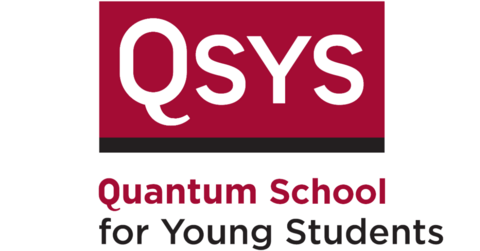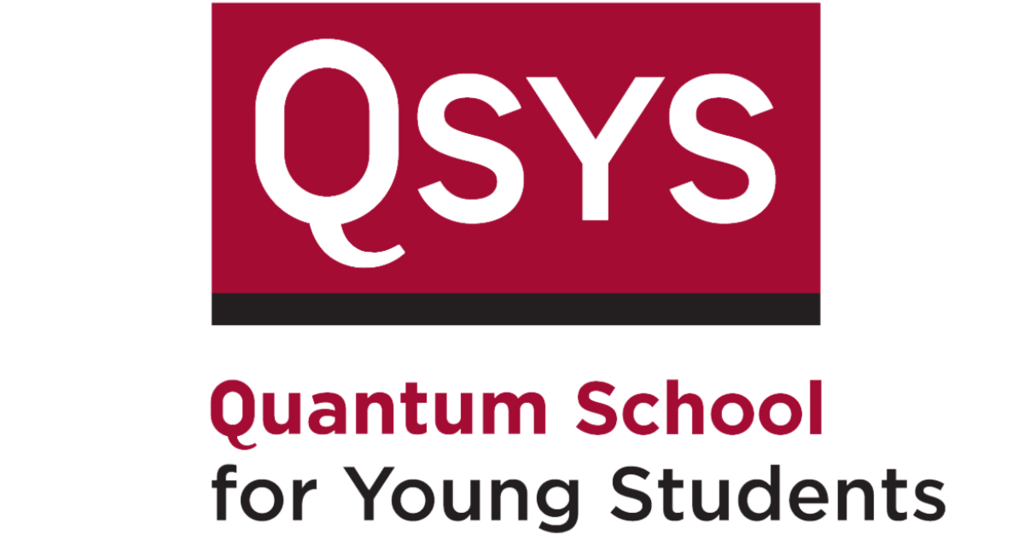Tight bounds for Pauli channel learning with and without entanglement
Quantum Nano Centre, 200 University Ave West, Room QNC 1201
Waterloo, ON CA N2L 3G1
Quantum entanglement is a crucial resource for learning properties from nature, but a precise characterization of its advantage can be challenging. In this work, we consider learning algorithms without entanglement as those that only utilize separable states, measurements, and operations between the main system of interest and an ancillary system. Interestingly, these algorithms are equivalent to those that apply quantum circuits on the main system interleaved with mid-circuit measurements and classical feedforward. Within this setting, we prove a tight lower bound for Pauli channel learning without entanglement that closes the gap between the best-known upper bound. In particular, we show that Θ(n^2/ε^2) rounds of measurements are required to estimate each eigenvalue of an n-qubit Pauli channel to ε error with high probability when learning without entanglement. In contrast, a learning algorithm with entanglement only needs Θ(1/ε^2) copies of the Pauli channel. Our results strengthen the foundation for an entanglement-enabled advantage for Pauli noise characterization. We will talk about ongoing experimental progress in this direction.
Reference: Mainly based on [arXiv: 2309.13461]

